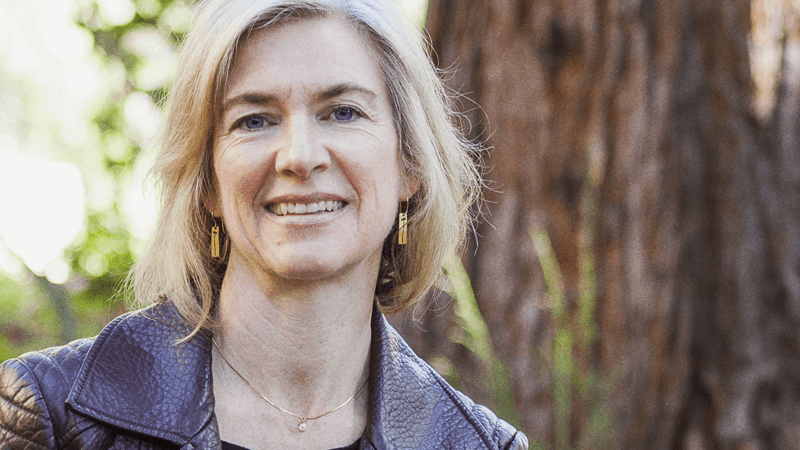The developer of a controversial gene-editing technique fears that embryo “factories” could be set up in the UK, churning out human lives for research.
Jennifer Doudna, who pioneered Crispr-Cas9, says the thought of facilities “pumping out lots of human embryos for the purposes of experimentation” keeps her awake at night.
Last week, scientists heralded a new study into miscarriage where they used her technique to cut away a section of DNA from human embryos. As a result of this intervention, nearly all of the 41 embryos used in the experiment self-destructed.
Slippery slope
Commenting on the study, carried out by a team of scientists at London’s Francis Crick Institute, Doudna welcomed it but cautioned that it could act as a slippery slope for scientists in the area of gene editing.
She said the UK could allow embryo factories to be set up and may remove the ban on keeping embryos alive in the lab for more than 14 days.
Doudna warned that in the race for scientific firsts, the UK could end up crossing more moral and ethical lines.
She said: “I have to admit that I feel personally uncomfortable with the idea that there could eventually be factories pumping out lots of human embryos for the purposes of experimentation. I can’t put my finger on why but it feels like it cheapens something about human life.”
Destroying embryos
In the Francis Crick Institute study, reported last week, scientists removed a gene that produces the OCT4 protein from embryos as they started to develop. Without this protein, the vast majority of embryos died.
The researchers studied the process and claimed they had gained useful information for IVF procedures and understanding causes of miscarriage.
A celebratory article on the BBC website quipped: “From the embryo’s perspective it is a disaster but for scientists it has given unprecedented insight.”
Learn more
To learn more about the moral and ethical issues involved with scientific experimentation, visit our Medical Ethics page.

